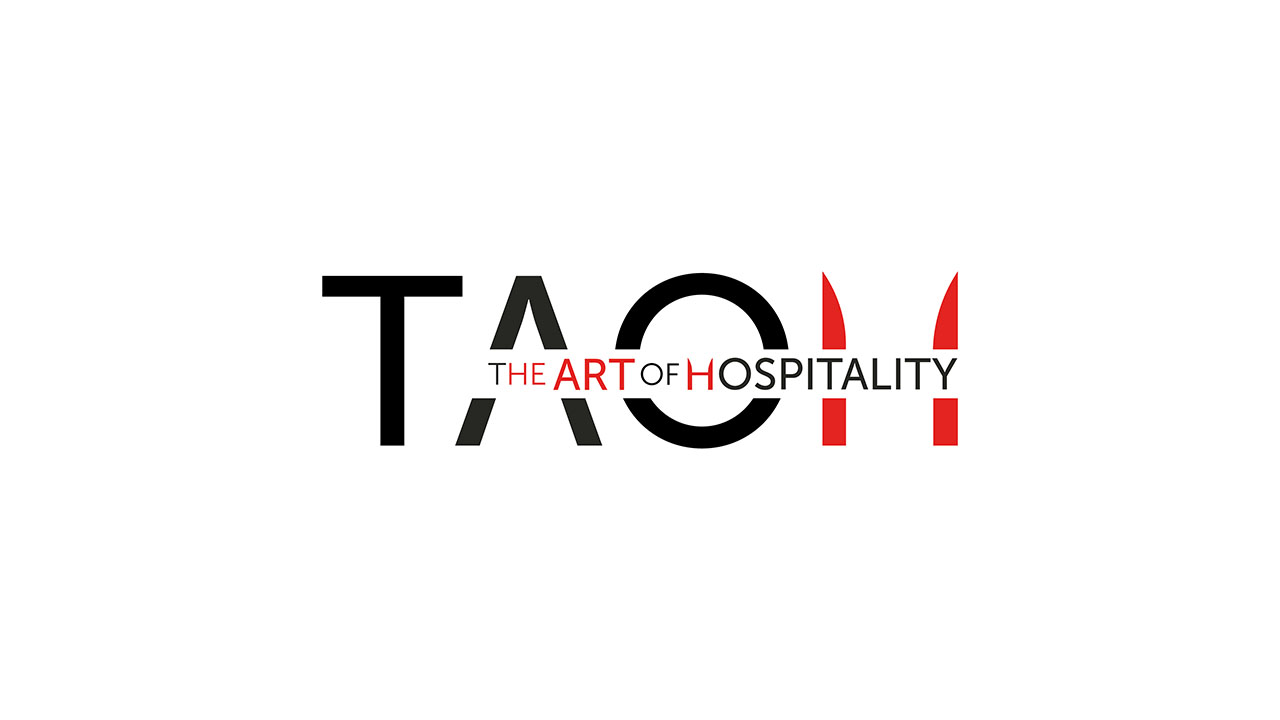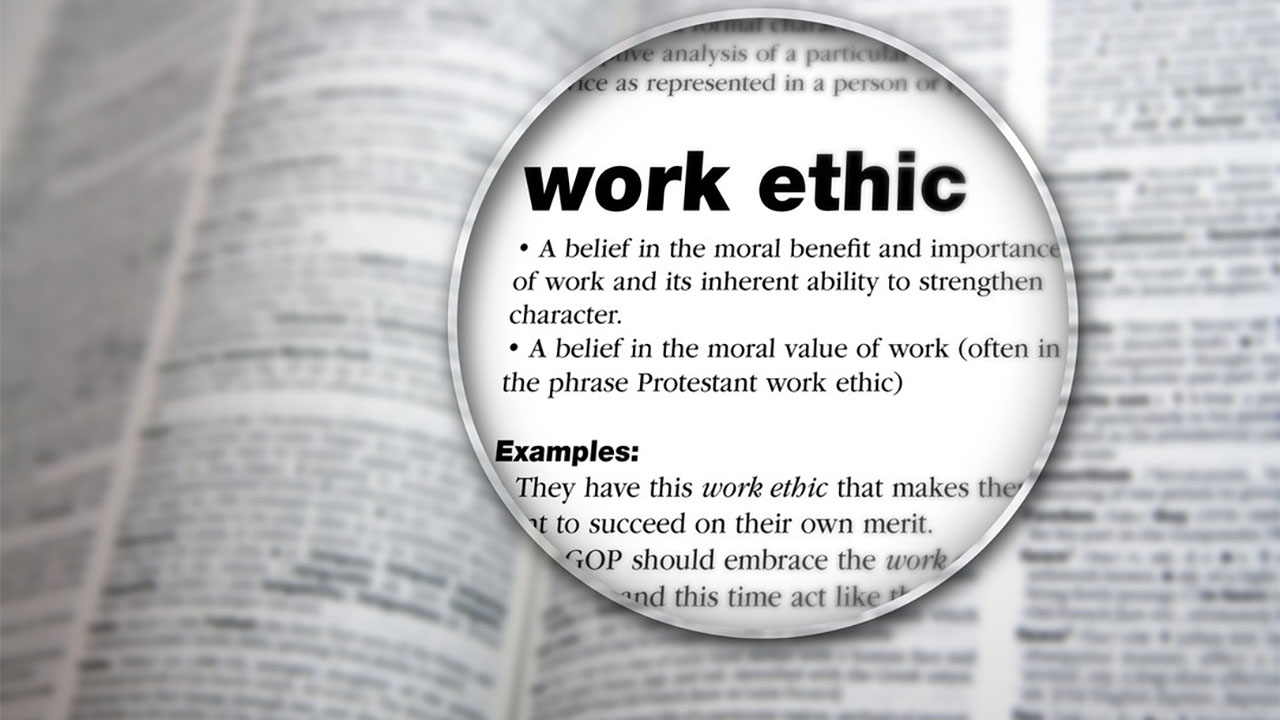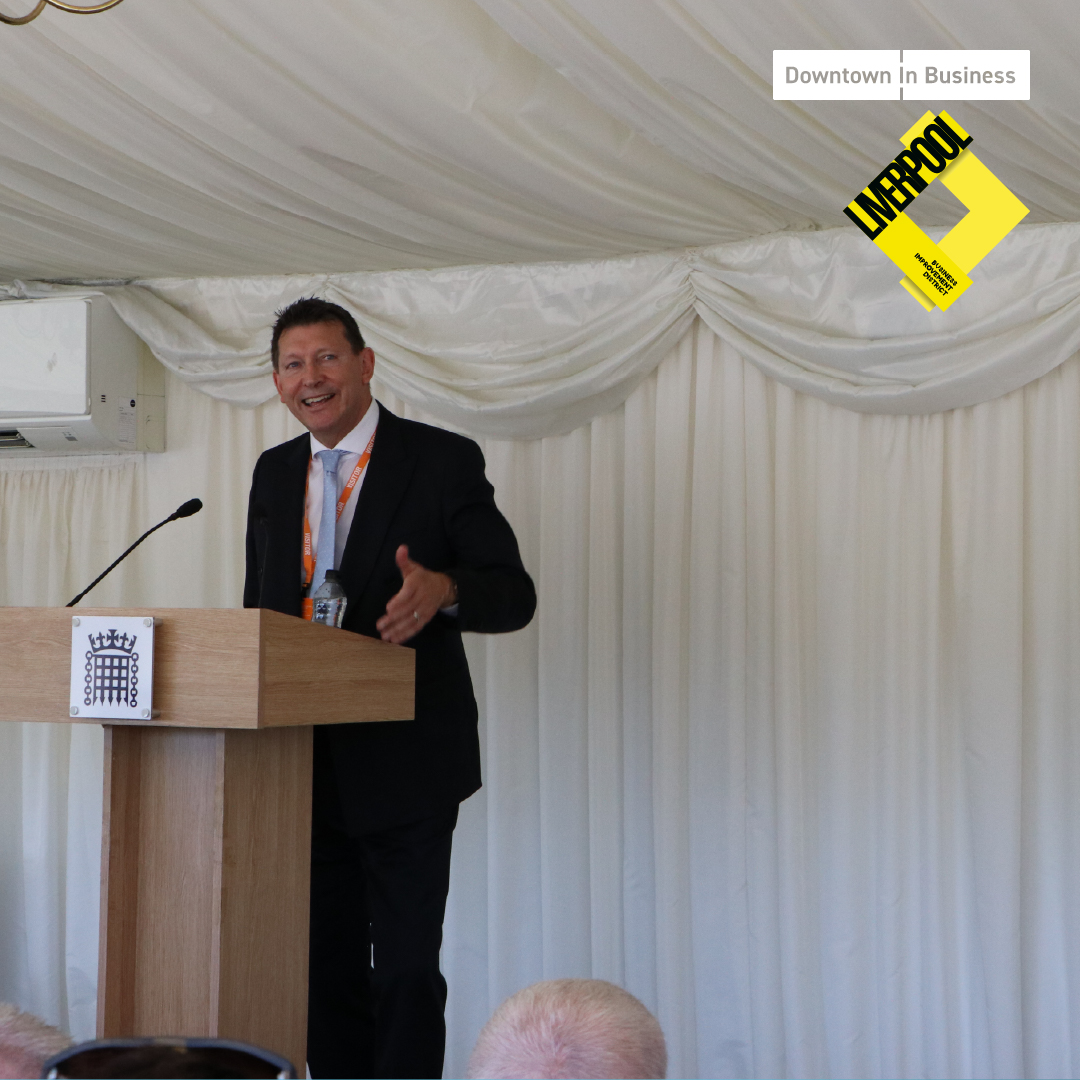Diversity in leadership is undeniably important. A range of perspectives, backgrounds, and experiences can bring fresh ideas and innovative approaches to decision-making.
However, when diversity becomes a quota to fill rather than a meaningful strategy, the consequences can undermine both progress and performance.
Nowhere is this issue more clear than in the government’s own approach to boardroom diversity.
The government’s push for diversity in boardrooms has, at times, devolved into a numbers game.
While the intention may be to create a more inclusive leadership landscape, the reality is often far from it.
By prioritising metrics—how many ethnic minority or female directors sit at the table—over genuine skill and experience, they risk missing the point entirely.
Effective leadership isn’t about appearances; it’s about having the best people for the job, regardless of their background.
Recent data highlights that of the 196 new directors appointed across major UK boards, only 7 came from self-declared ethnic minority backgrounds.
This suggests that despite the government’s focus, progress is slow and superficial. When the priority is on meeting diversity quotas rather than cultivating talent, the result is a “one and done” approach—a single diverse appointment that satisfies the statistics but fails to deliver lasting change.
Good Talent Is Hard to Find
The reality is that recruiting skilled leaders is challenging enough without the added pressure of diversity targets. Across all industries, including government, the pool of experienced and capable candidates is shrinking.
In hospitality, we see this firsthand—finding the right people to deliver exceptional guest experiences is no small feat. Adding a rigid diversity requirement into the mix can make the task even more daunting.
This isn’t to say that diversity and excellence are mutually exclusive—they aren’t. But when diversity becomes a checklist rather than a strategy, the focus shifts away from finding the most qualified individuals.
Leaders should be chosen for their ability to contribute meaningfully to the organisation, not solely to fulfil a quota.
Why the Government Should Lead by Example
The government’s current approach to diversity in boardrooms risks setting a dangerous precedent for businesses. By focusing too heavily on box-ticking, they fail to model what true inclusivity looks like: creating environments where diverse talent can thrive because of their skills, not because of their demographics.
If the government truly wants to promote diversity, it must focus on building a talent pipeline that supports individuals from underrepresented groups throughout their careers.
This means investing in education, mentorship, and professional development—not just appointing diverse leaders to meet a target.
What Businesses Can Learn
For businesses, particularly in industries like hospitality, the lesson is clear: diversity matters, but it must be meaningful. Leaders should prioritise finding the best talent while fostering an inclusive culture that naturally attracts and develops diverse individuals. This approach does not just help the organisation—it benefits employees and customers alike.
At the end of the day, leadership isn’t about filling seats—it’s about finding the right people to lead. And that’s something no tick-box mentality can ever achieve.
If you love hospitality and are eager to improve our industry, then come along to our next conference The Art of Hospitality that talks all things hospitality, hosted in January! Learn more and get your tickets here
https://www.tickettailor.com/events/thehospitalityheroltd/1247485?














